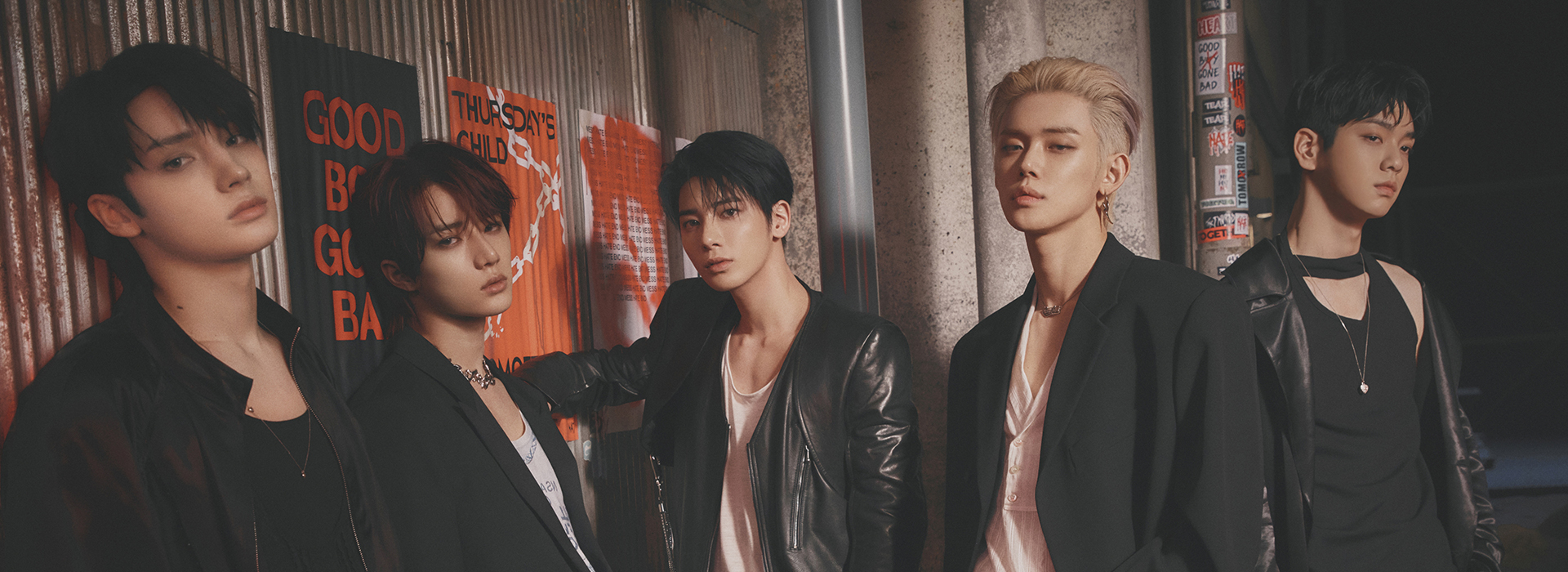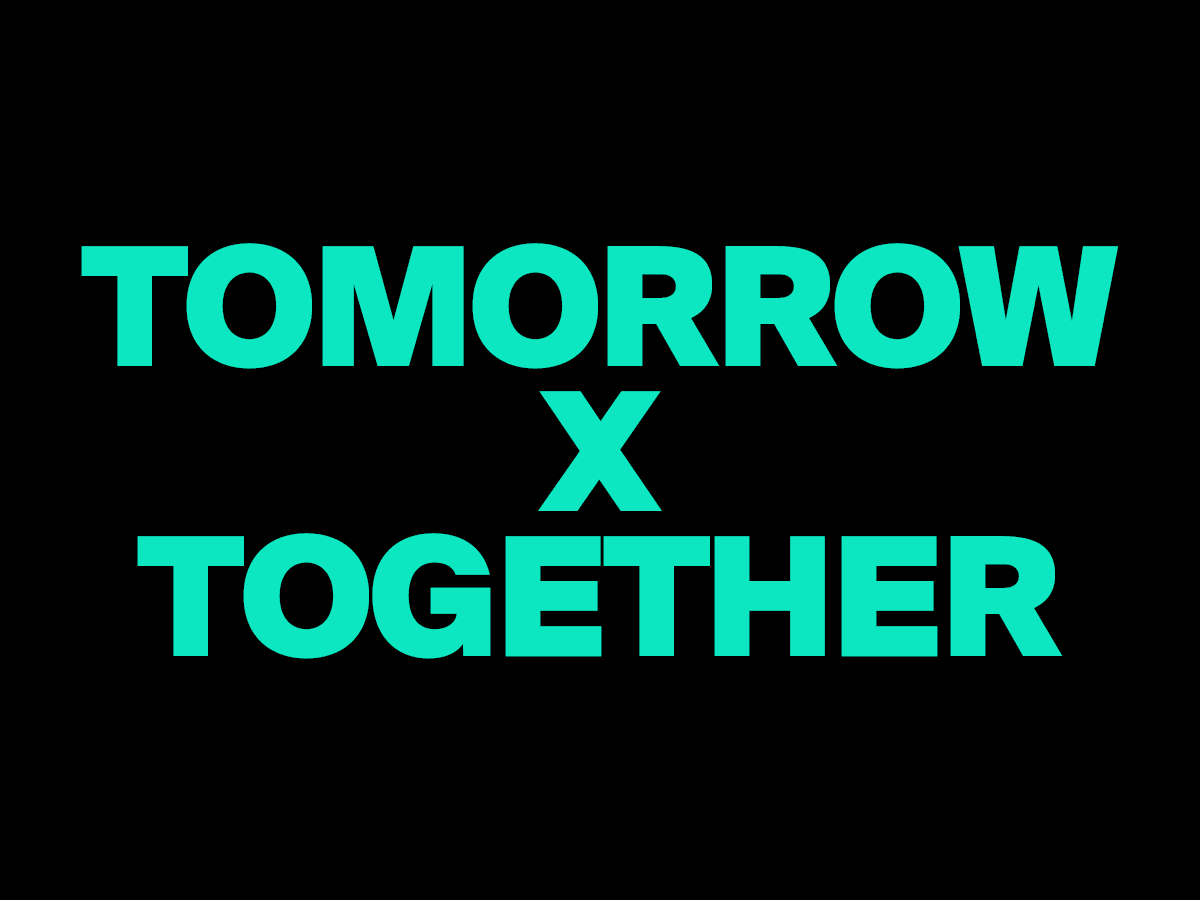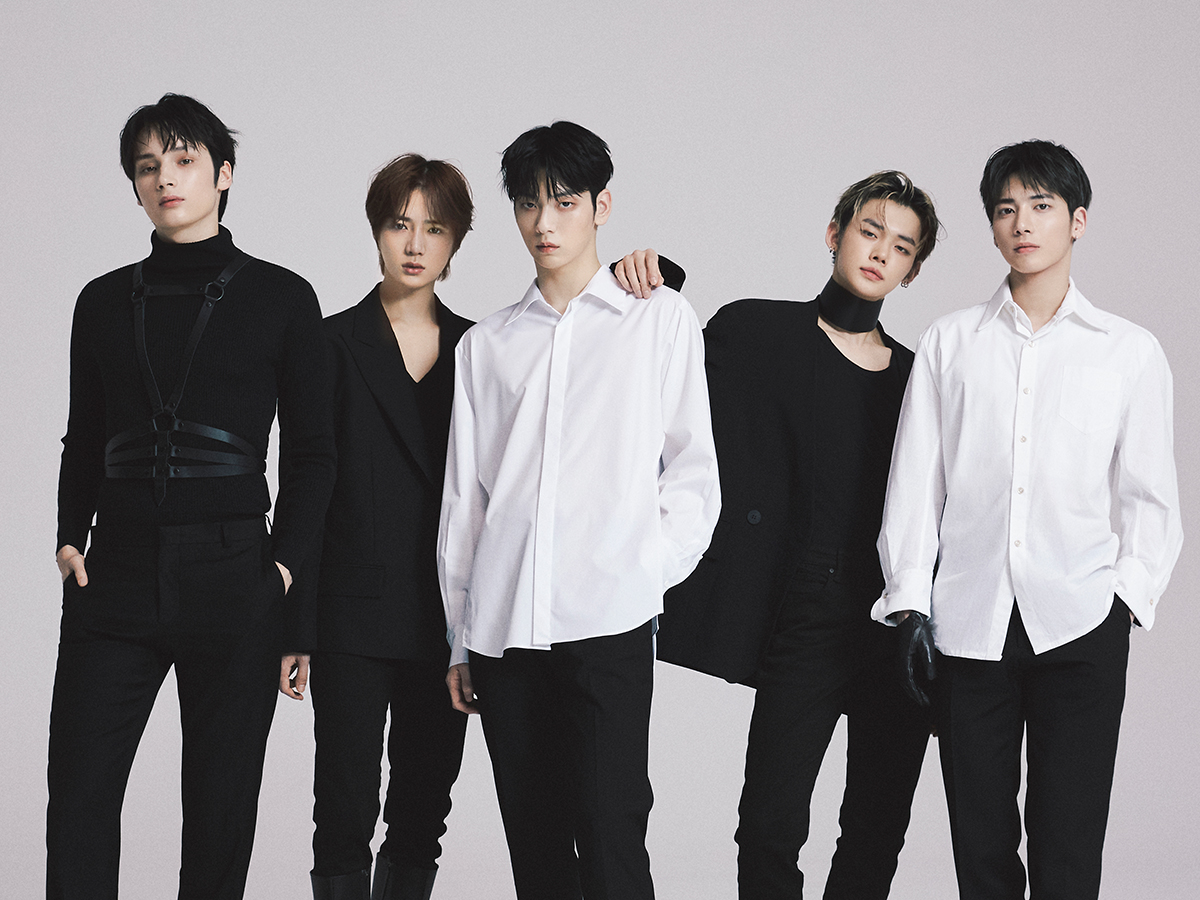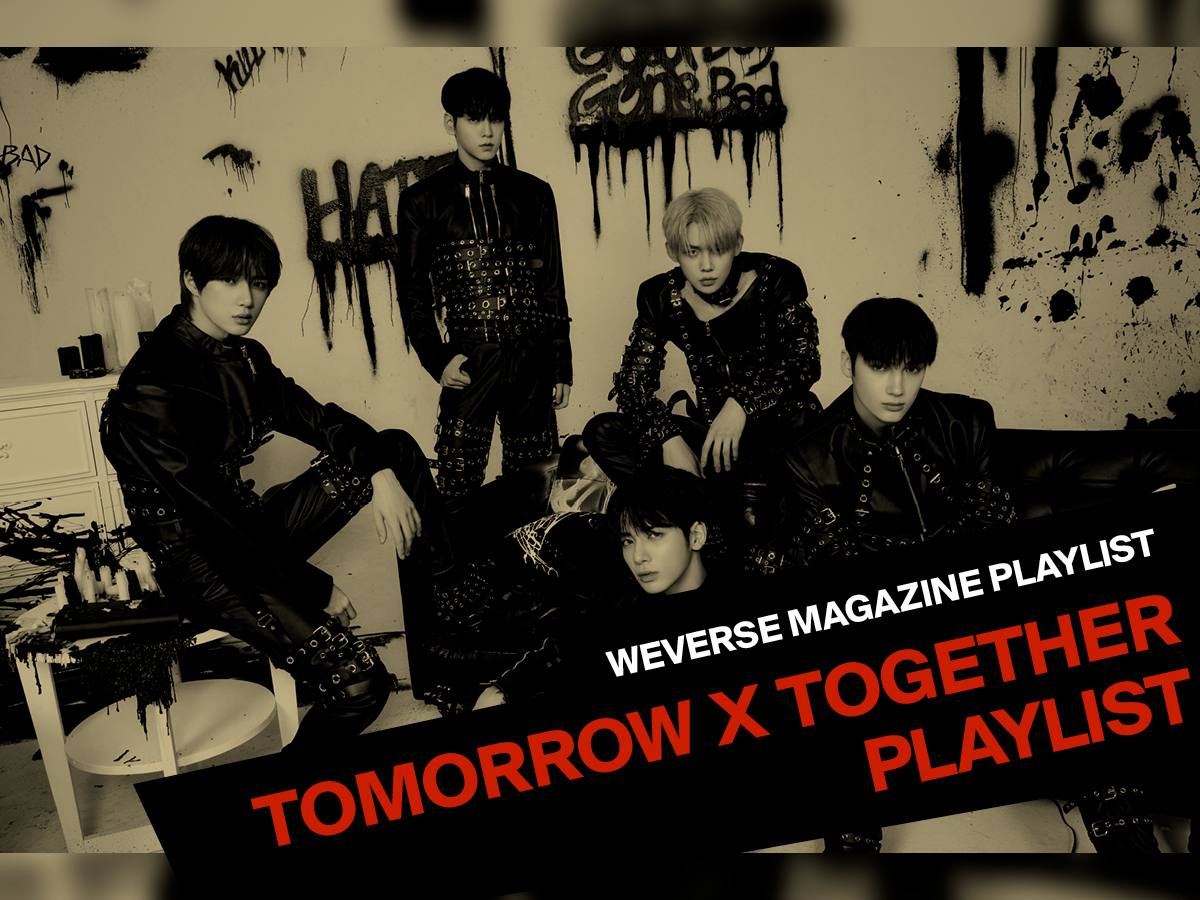
Rock has a deep place in the music of Seo Taiji and Boys. The introduction to their hip hop dance song “I Know” uses closely cropped, densely layered string samples to imitate the sound of strumming a guitar, and a metal riff played by Seo Taiji himself on guitar follows the rapping. The song “You, In the Fantasy” also features heavy guitar on the bridge, and “Rock’N Roll Dance” pairs Seo Taiji’s own lyrics with a hip hop twist on AC/DC’s “Back In Black,” complete with guitar by Shin Daechul. Seo’s devotion to rock only became more evident with time. After monumentally crossing over heavy metal, hip hop and traditional Korean music in “Anyhow Song,” the lead single for their second album, the group then released Seo Taiji and Boys III in 1994 and Seo Taiji and Boys IV, their final album, the following year, suggesting K-pop would follow a rock direction from there on out.
Seo Taiji and Boys III is an important album that earned Seo Taiji the epithet “president of culture” and contains clear messages of social criticism and resistance against established society. “Dreaming of Bal-Hae” sent a message of peace and reunification for the Korean Peninsula, firmly established their identity as musicians in a mature, socially conscious idol group, and “Classroom Idea” severely criticized the education system of the time and the problem of cram schools. Once powerless to speak out about arduous entrance exams and an atmosphere of social conservatism, teenagers were growing confident that they could change the world with their fervent support of these cramming-adverse superstars. Though the song featured heavy metal band Crash’s vocalist Ahn Heung-Chan and was very much a rock song, the younger generation gave it their full support. Another critical moment for teens came in the form of the song “Come Back Home,” a song heavily influenced by gangster rap and hardcore hip hop that served as the lead single for the group’s fourth album. Runaway teenagers returned home after hearing the song, dreaming of more mature forms of resistance, while Seo Taiji’s unshakable fandom organized a protest against the Korea Public Performance Ethics Committee’s decision to censor the antiestablishment lyrics to the song “Regret of the Times”—which was critical of the older generation and ended up on the album as an instrumental only—and the law that allowed for the censorship of music before its release was revised as a result.
The arrival of Seo Taiji and Boys ushered in the era of idol culture. Groups made up of artists who undergo extensive training, managed at a company level, with distinct comeback and promotion cycles: these were the traits that distinguished idols from existing singers and which they used to target teenagers as the main consumers of the music market. It’s not just this format but the musical style itself that still echoes from Seo Taiji and Boys’ breakthrough. SM Entertainment’s boy group H.O.T. made their debut song, “Descent of Warriors,” a protest against school violence, showing influences from “Come Back Home,” while the group’s competition, SECHSKIES, likewise entered the pop music world with “Rise Up,” a criticism of entrance exams and public education. In the world of idol music, rock was the central flavor drawing teenage support and fueling resistance from the end of the 1990s to the early to mid-2000s with its hybrid of dance, hip hop and electronica.
It's unquestionably interesting to see this recent mix of K-pop and rock reaching beyond international rock bands and trends and back to the very origins of K-pop in the 1990s. While TOMORROW X TOGETHER used rock as a means to contain their anger in The Chaos Chapter series, they have now changed dramatically, smirking at the world through their rock sound in “Good Boy Gone Bad.” What they’re going for sounds less like Machine Gun Kelly, Olivia Rodrigo, WILLOW or YUNGBLUD and more like Seo Taiji and Boys, H.O.T., SECHSKIES, TVXQ and SHINHWA. It’s as though the rock revival is reawakening the same sentiment that was present in K-pop in its earliest days. For TOMORROW X TOGETHER, their fans and music enthusiasts alike, “Good Boy Gone Bad” holds a lot of meaning and gives them a lot to talk about. It’s a blackened heart with a lot of meaning.
Unauthorized reproduction and distribution prohibited.
- TXT’s surprising turning point2022.05.10

- TOMORROW X TOGETHER Other cuts2022.05.21

- TOMORROW X TOGETHER’s playlist2022.05.23
